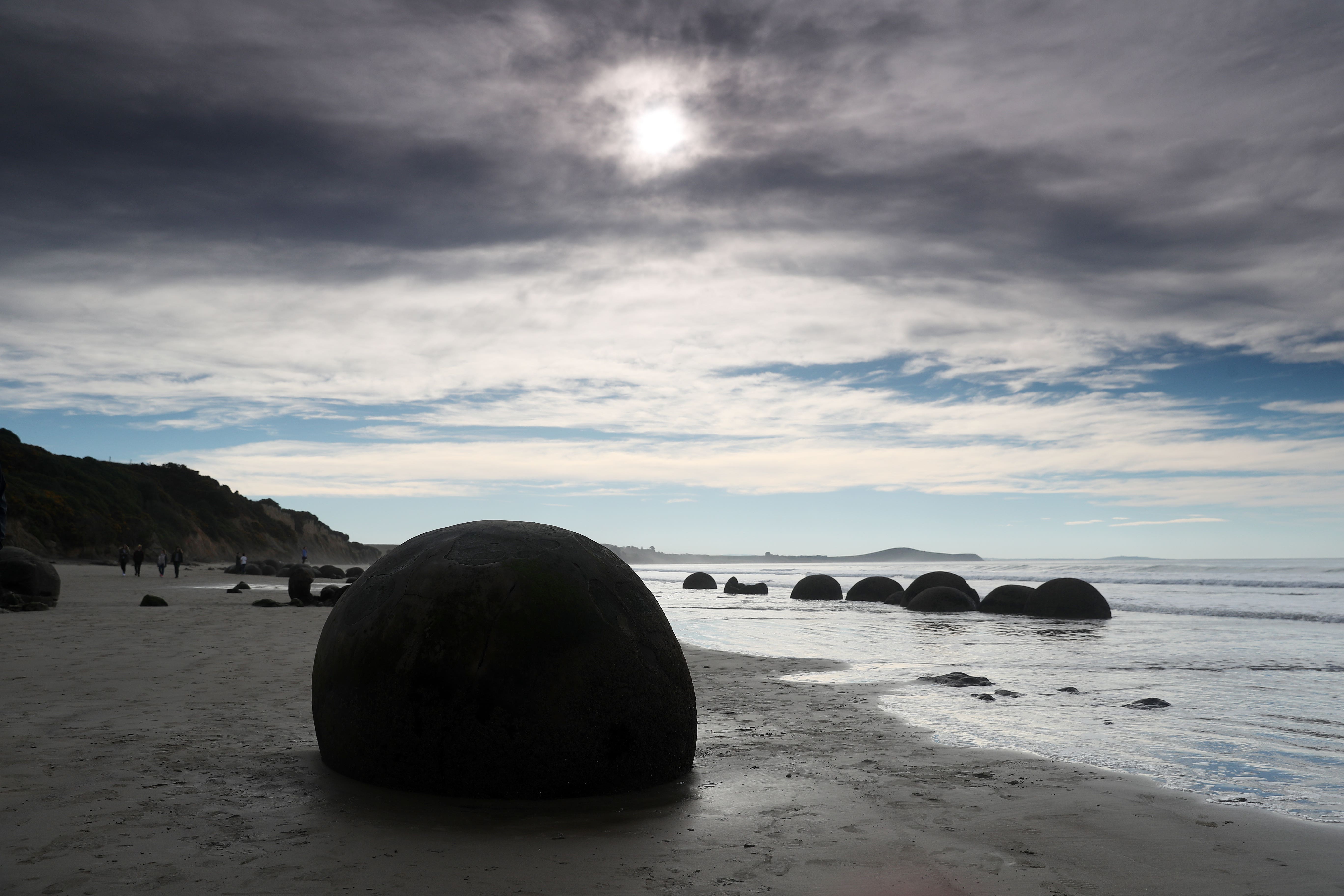New discovery questions theory that earth was covered by ocean four billion years ago
Fresh water present on Earth ‘500 million years earlier than previously thought’

Your support helps us to tell the story
From reproductive rights to climate change to Big Tech, The Independent is on the ground when the story is developing. Whether it's investigating the financials of Elon Musk's pro-Trump PAC or producing our latest documentary, 'The A Word', which shines a light on the American women fighting for reproductive rights, we know how important it is to parse out the facts from the messaging.
At such a critical moment in US history, we need reporters on the ground. Your donation allows us to keep sending journalists to speak to both sides of the story.
The Independent is trusted by Americans across the entire political spectrum. And unlike many other quality news outlets, we choose not to lock Americans out of our reporting and analysis with paywalls. We believe quality journalism should be available to everyone, paid for by those who can afford it.
Your support makes all the difference.Fresh water, which is essential for life, appeared on Earth roughly four billion years ago – 500 million years earlier than previously thought, research suggests.
The findings challenge the existing theory that Earth was completely covered by ocean four billion years ago.
The findings, based on analysis of ancient crystals from the Jack Hills in Western Australia’s Mid West region, push back the timeline for the emergence of fresh water to just a few hundred million years after the planet formed.
Researchers measured the oxygen compositions of zircon, a mineral that formed in some rocks that made up the Earth’s early continental landmasses some 3.2 to 4.2 billion years ago.
They found preserved evidence that the hot, molten rocks they grew in came into contact with water during their formation.
Water on Earth moves between the land, oceans and atmosphere via processes including evaporation and precipitation, in a system known as the water cycle.
During the Earth’s early history, the availability of freshwater and the start of the water cycle may have contributed to the environments needed for early life to develop.
However, there is uncertainty about when the water cycle began.

Lead author Dr Hamed Gamaleldien, adjunct research fellow at Curtin University’s School of Earth and Planetary Sciences and an assistant professor at Khalifa University, UAE, said: “By examining the age and oxygen isotopes in tiny crystals of the mineral zircon, we found unusually light isotopic signatures as far back as four billion years ago.
“Such light oxygen isotopes are typically the result of hot, fresh water altering rocks several kilometres below Earth’s surface.
“Evidence of fresh water this deep inside Earth challenges the existing theory that Earth was completely covered by ocean four billion years ago.”
According to the scientists, the emergence of the continental crust, the presence of freshwater, and the start of the water cycle may have facilitated the development of the environments required for life less than 600 million years after Earth’s formation.
Study co-author Dr Hugo Olierook, from Curtin University’s School of Earth and Planetary Sciences, said the discovery was crucial for understanding how Earth formed and how life emerged.
He added: “This discovery not only sheds light on Earth’s early history but also suggests landmasses and fresh water set the stage for life to flourish within a relatively short time frame – less than 600 million years after the planet formed.
“The findings mark a significant step forward in our understanding of Earth’s early history and open doors for further exploration into the origins of life.”